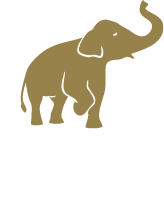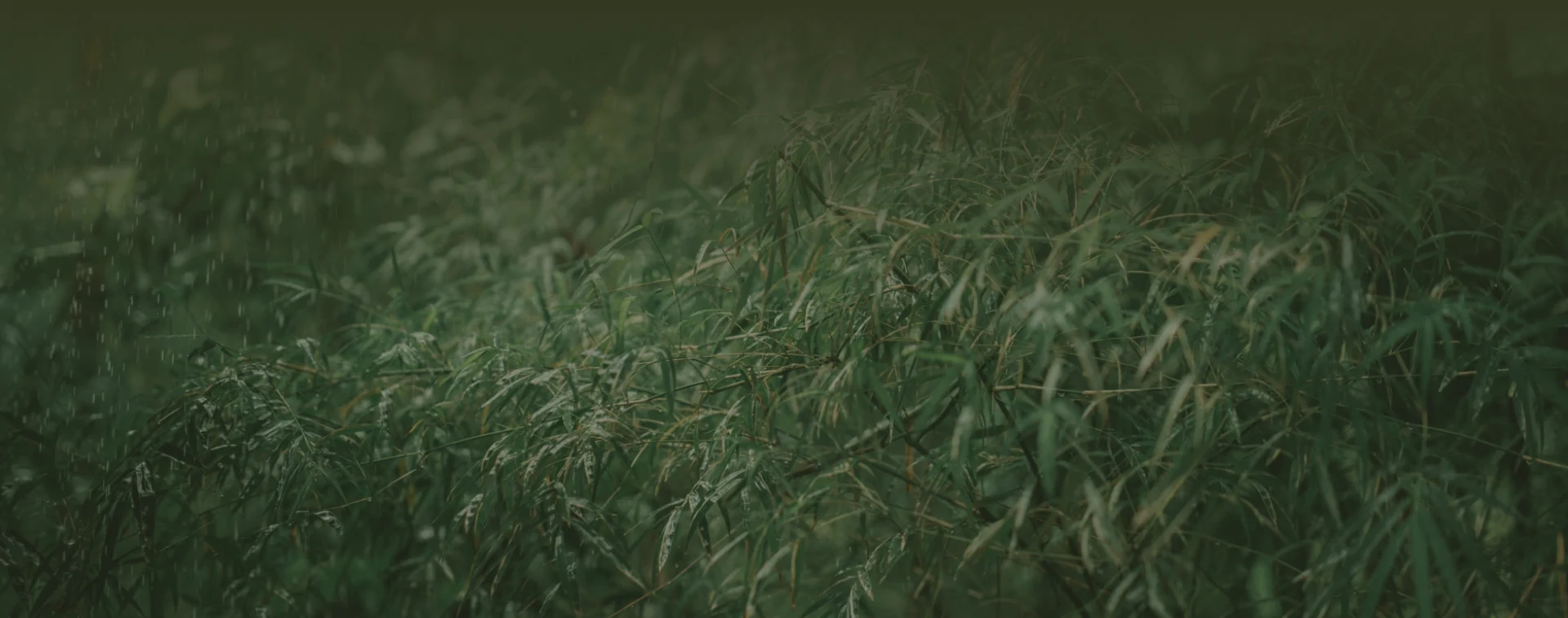SUSTAINABILITY
At Cardamom Tented Camp, sustainability is rooted in everything we do. Our core mission is to protect Botum Sakor National Park and its wildlife, while ensuring that both nature and local communities can thrive side by side.
By staying with us, you become part of this mission. Every stay directly supports forest protection. From funding ranger patrols and restoring wild habitats to uplifting local livelihoods and community initiatives.
We have moved beyond simply reducing our footprint. Instead, we focus on regeneration: helping ecosystems recover, cultures flourish, and communities grow stronger, all while running a business that is financially sustainable and built for long term positive impact.
The 4Cs
At Cardamom Tented Camp, we live by the 4Cs: Conservation, Community, Culture, and Commerce. These principles guide every decision we make, helping us restore natural systems, celebrate local traditions, support local communities, and shape a tourism industry that gives back more than it takes.
What do the 4C’s mean to us?
Protecting the rainforest and its wildlife is central to our mission. We don’t just aim to reduce harm but actively restore and regenerate the ecosystems we manage, striving to leave the grounds better than we found them. Our goal is clear: no species will face extinction under our watch.


Our Impact
We believe that true regeneration goes beyond nature alone. That’s why we aim to create a positive, lasting impact across all 4Cs: Conservation, Community, Culture, and Commerce.
To keep our efforts meaningful, we actively reflect on and measure our impact. This helps us learn, adapt, and continuously improve as we grow.
Our Impact In Figures:
- Area Protected – 18,073 hectares
- Illegal equipment confiscated – 9,191 items
- Animals rescued – 55 animals
- Trees planted – 40 trees
- Saplings nursed – 100 saplings
- Compost Produced – 6,200 kg
- Local jobs created – 17 jobs

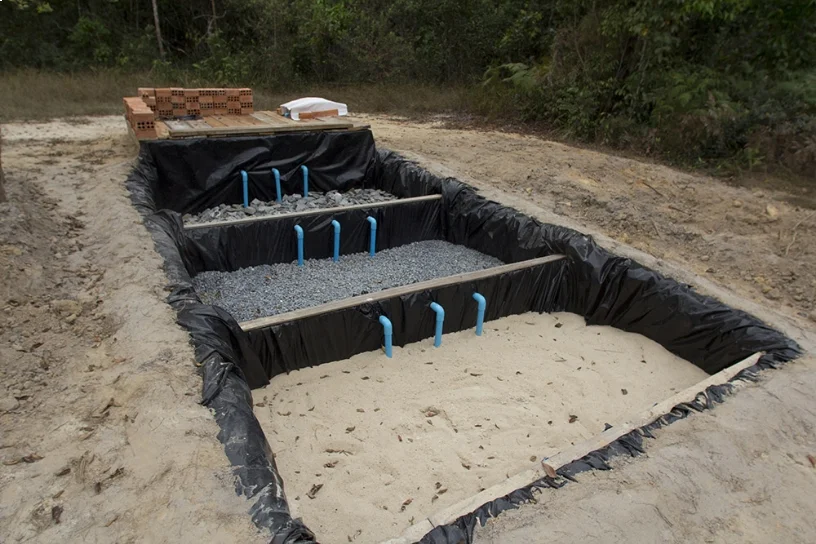
Conservation
Cardamom Tented Camp is a pivotal player in the conservation of Botum Sakor National Park, Cambodia’s largest national park, which spans 171,250 hectares. The camp itself is situated within the 18,073 hectare economic concession, an area of dense lowland forest rich in biodiversity. This region is a haven for endangered species, including the clouded leopard, sun bear, dhole, sunda pangolin and the pileated gibbon. Additionally, it is part of the South-West Elephant Corridor, one of the last remaining habitats for Asian elephants in Cambodia.
The camp’s conservation strategy involves close collaboration with Wildlife Alliance, whose rangers patrol the area to combat illegal logging and poaching. Since the rangers began their work in 2013, there has been a significant decline in illegal activities, with thousands of snares and numerous homemade guns confiscated. This direct action is crucial for preserving the park’s ecosystems, which range from evergreen forests to mangrove areas, making it one of Southeast Asia’s most diverse and pristine natural reserves.
Alongside our conservation efforts in the national park, we make sure our own footprint remains light. Here’s how ‘we walk the talk’ on-site:






Community
We believe conservation only works when communities are fully engaged. That’s why we focus on building strong, respectful relationships with the people who call this region home.


We prioritize locally grown food and regionally made products, ensuring that your stay directly supports Cambodian farmers and businesses. This way, the benefits of tourism stay rooted in the community.


Culture


Our kitchen celebrates the rich flavors of Cambodian cuisine. Each day, our cook prepares a menu using locally sourced, seasonal ingredients whenever possible. Guests enjoy home-style meals that reflect Khmer traditions, often featuring recipes shared by our local team or inspired by nearby villages.
Have you ever tried the Cambodian lime-pepper dipping sauce? Be sure to ask for it when you’re here!
Commerce




Future Plans
We’re committed to working hand-in-hand with our neighboring communities to raise awareness around environmental protection in ways that are practical and relevant to daily life. Our goal is to connect with local needs and build trust over time.
We plan to start with an essential topic: waste management, a recurring challenge in many rural parts of Cambodia. From there, we aim to gradually expand into topics like composting, soil health, sustainable farming, and the importance of forest ecosystems. Our English-speaking team members are also preparing to offer free English classes at the local school. Small but meaningful efforts we believe can make a lasting impact.
Partners
Cardamom Tented Camps joined The Long Run in 2023, embarking on a sustainability journey committing to a holistic balance of the 4Cs: Conservation, Community, Culture and Commerce, to contribute meaningfully to the biodiversity and the people of their local region.
The Long Run is a membership community of nature-based tourism businesses committed to driving holistic sustainability. Their community is global and growing. Each member aspires to maintain a healthy and productive planet for posterity. Collectively, they conserve over 23 million acres of biodiversity and improve the lives of 750,000 people. They support, connect, and inspire nature-based businesses to excel in the highest sustainable standards via the tried and tested 4C framework.
Learn more about The Long Run here.

Wildlife Alliance is a global non-profit organization committed to protecting wildlife and forests. Since 2002, their dedicated team in Cambodia has worked closely with the Royal Government to strengthen protected areas, combat illegal activities, and support local communities in adopting sustainable livelihoods.
Through integrated forest management, law enforcement, policy advocacy, sustainable income programs, wildlife rehabilitation, habitat protection, and environmental education, Wildlife Alliance has achieved significant conservation milestones in Cambodia.
In just over a decade, Wildlife Alliance has helped preserve more than 1.7 million acres of forest, canceled 36 industrial concessions, and assisted over 5,000 people in shifting from destructive practices such as illegal logging, wildlife trafficking, charcoal production, and slash-and-burn farming to sustainable livelihoods that benefit both village economies and natural resources. The organization has also rescued more than 60,000 live animals from poachers and traffickers and provided environmental education to over 150,000 students and community members.
Their Southern Cardamom Forest Protection Program, supported by the Cambodian government and the Golden Triangle Asian Elephant Foundation (GTAEF), protects one of Asia’s last remaining elephant corridors: the South-West Elephant Corridor. This internationally recognized biodiversity hotspot within the Cardamom Mountain Range is a critical watershed and carbon sink. Eighty-four forest rangers patrol nearly 1.7 million acres of rainforest daily and nightly, including the 18,073-hectare JW-Concession where Cardamom Tented Camp is located.
Operating from six strategic patrol stations, these dedicated rangers disrupt illegal logging networks, confiscate equipment such as chainsaws and traps, dismantle sawmills, apprehend poachers, and rescue wildlife.
For more about Wildlife Alliance’s work in Cambodia (and internationally), visit wildlifealliance.org.
